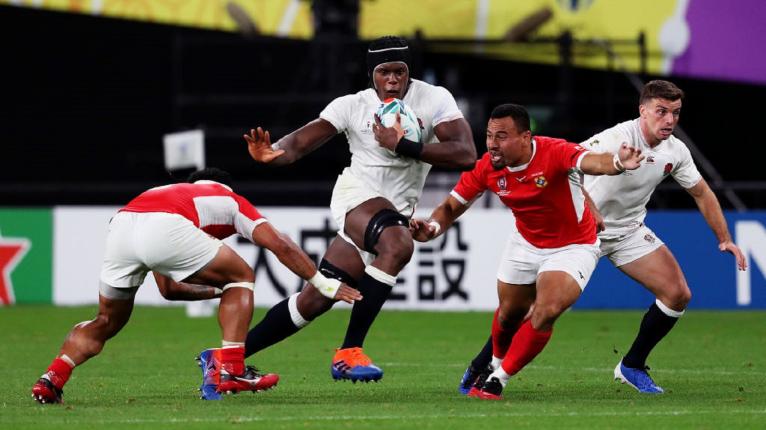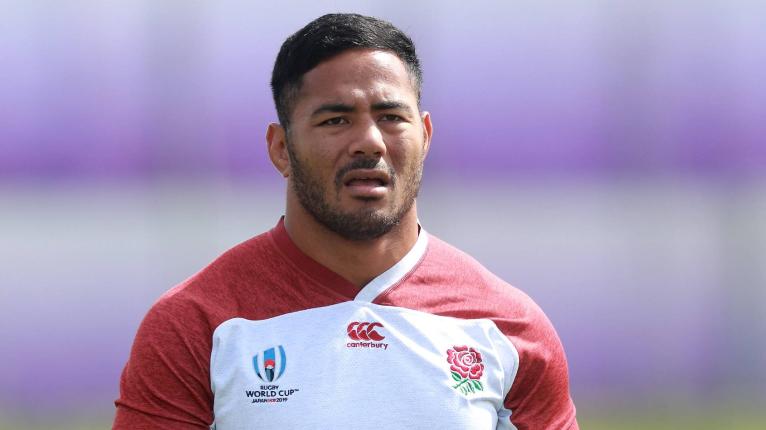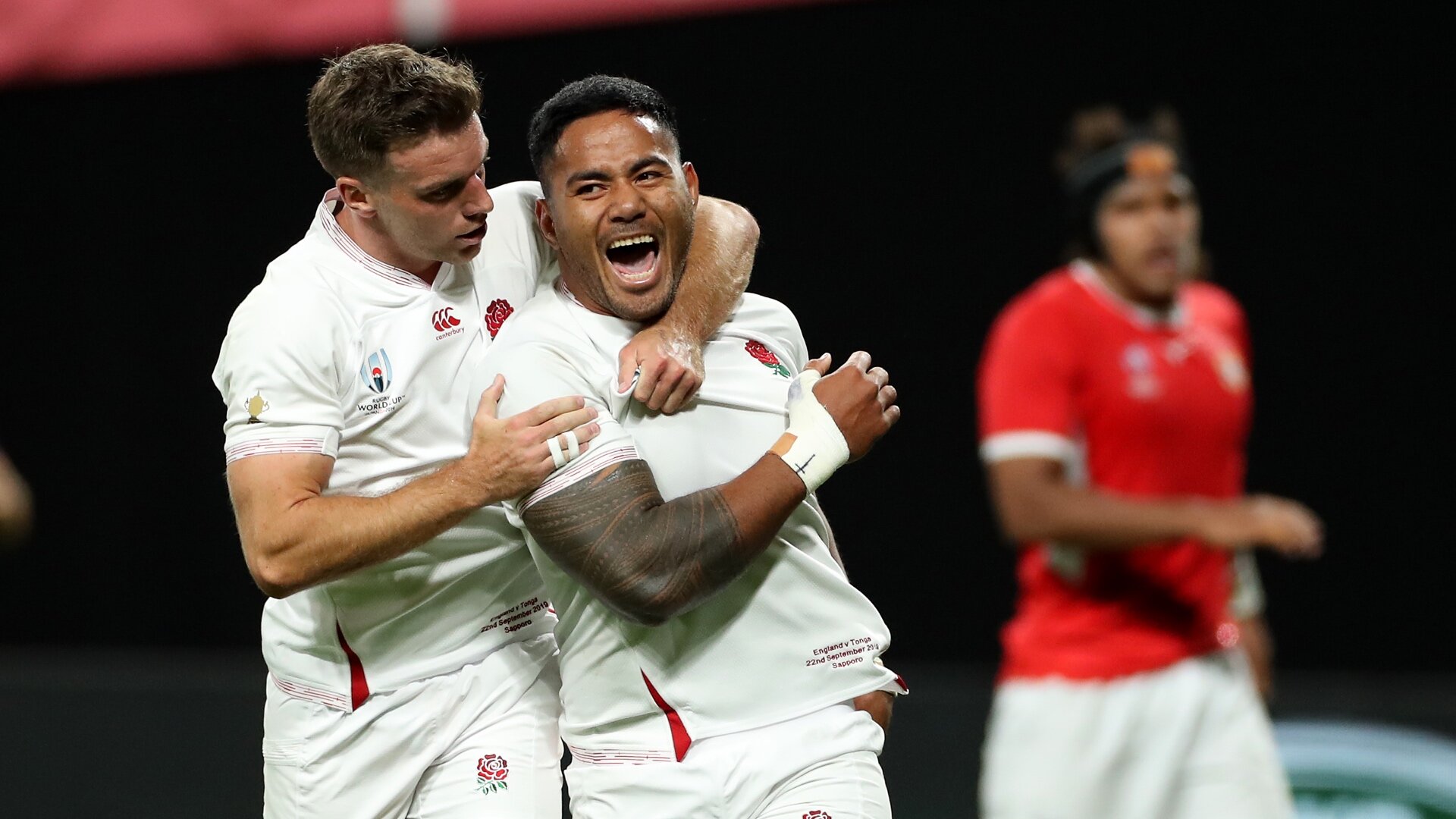The England 23 to play Australia at the RWC: Twist or stick?

Whilst uncertainty has blighted the Rugby World Cup over the last week due to the arrival and aftermath of Typhoon Hagibis, England’s preparations for their quarter-final with Australia have gone relatively smoothly.
They may have had their game with France cancelled but it was done so well in advance, England were able to get out of Yokohama before the typhoon hit, they retained their spot at the top of Pool C and were able to depart for Oita and begin preparing for the challenge of the Wallabies. There are valid concerns that not playing in 13 days will leave the team rusty, though they have upped the intensity in training to help replicate for that lost match.
With no new injuries, no short turnaround and no travel disruption due to the weather, England are not in a bad place heading into the game at Oita Stadium on Saturday. Eddie Jones’ players should be fresh and there will be no concerns over fatigue or workload when he selects his side.
We have taken a look at what that side might look like, as England attempt to improve on their record of three wins and three losses against Australia at Rugby World Cups, with the two nations set to meet for the seventh time in the competition’s history.
Front row: Joe Marler, Jamie George and Kyle Sinckler
There will definitely be a temptation to go with the fit-again Mako Vunipola on the loosehead, although he is one of the bigger losers from the game against French being cancelled, as it has denied him an opportunity to get back towards total match fitness. Marler has been playing well and the impact that Vunipola could offer from the bench is potentially a factor that could swing this game.
The selections of George and Sinckler are rather straightforward, as George’s set-piece work has been excellent out in Japan and Sinckler has anchored the scrum proficiently, as well as offering his trademark playmaking ability in the loose.
Continue reading below…
Watch: Eddie Jones speak to the press after England’s win over Argentina in Pool C
Second row: Maro Itoje and George Kruis
Itoje may well be the first name on any teamsheet for Jones and he has backed that up with good form at the tournament so far, particularly with his defensive lineout and breakdown work, where he has been a thorn in the side of opposition teams. The value Kruis brings, particularly as a banker ball at the front of the lineout when under pressure from the opposition and as a defensive communicator and general around the fringes, has not been overly needed given the relative ease with which England have won their three games so far, but it could be crucial against Australia.

Back row: Tom Curry, Sam Underhill and Billy Vunipola
This selection could potentially go a different way with both Mark Wilson and Lewis Ludlam having done very little wrong so far, although you get the feeling that Jones has become particularly enamoured with this trio as a combination. The mobility and contact area skills of Curry and Underhill give England a genuine counter to Australia, should Michael Cheika opt to play both David Pocock and Michael Hooper.
As for Vunipola, he is the obvious call at No 8, despite not setting the tournament alight just yet. He has generally been involved closer to the ruck and has got through a real workload of carries, even if seemingly not given the freedom to roam that the likes of Sinckler, Itoje and Underhill have been of late.
Half-backs: Ben Youngs and George Ford
This axis has worked well so far and unsurprisingly so, given the amount of time they have spent together at club and international levels over the last four years. The only way this would seem to change is if Jones were to move Owen Farrell back to fly-half, in order to crowbar in one of Henry Slade or Jonathan Joseph alongside Manu Tuilagi in the midfield. It’s potentially an interesting change of dynamic from the bench, though it is unlikely he opts to go in that direction with his starting XV.
Outnumbered, but are they outmatched? #RWC2019 pic.twitter.com/SC6c986TGn
— RugbyPass (@RugbyPass) October 14, 2019
Centres: Owen Farrell and Manu Tuilagi
Why change a wining formula? This pair have done well so far as a combination and the creativity and array of passing that Ford and Farrell provide seems to get the best out of Tuilagi as a direct threat and a player capable of utilising the outside break. Jones is a big Slade fan and Joseph has looked like a genuine ‘finisher’, as England like to term it, coming from the bench, but it would be surprising to see a change here, especially as Tuilagi has arguably been England’s standout back so far in the tournament.

Back three: Anthony Watson, Jonny May and Elliot Daly
This is perhaps the most intriguing area of Jones’ side moving towards the announcement of his team later this week, as both Jack Nowell and Joe Cokanasiga offering interesting dynamics and the competition for spots is so fierce. Watson has looked electric in the moments he has been able to get his hands on to the ball and although May has been kept quiet by his own industrious and free-scoring standards, he has continued to excel in the aerial game and as a gunner on the kick chase. They both helped England tick along well during the group stage.
Whilst Daly will have had more influential attacking games for England, his performance in defence, in the air and in terms of his positional play against Argentina was one of, if not his most reliable outing in the 15 jersey at international level. Those are areas of his game that have been critiqued over the last couple of years, especially when comparing him to Mike Brown or even Watson at full-back, but that game was a nerve-settler for even the most ardent of Daly critics.
Are we at a critical juncture for tier 2 rugby? Or is Japan's heroic campaign papering over the cracks
– writes @alexshawsport ???#rwc2019 ??https://t.co/TevXjNSQMC
— RugbyPass (@RugbyPass) October 13, 2019
Replacements: Luke Cowan-Dickie, Mako Vunipola, Dan Cole, Courtney Lawes, Lewis Ludlam, Willi Heinz, Henry Slade and Jack Nowell
Most of the bench is self-explanatory, with Cowan-Dickie and Lawes both having provided valuable impact so far in the tournament, whilst we touched on Vunipola earlier as he bids to get back to 100%. Ludlam over Wilson is a form call, with the Northampton Saint having provided great physicality as a ball-carrier off the bench and should Billy Vunipola go down with injury, Ludlam is the most proficient way of replacing the Saracen’s lost carrying impact.
It’s a bench that leans the way of Exeter Chiefs, with Slade and Nowell, rather than Bath, with Joseph and Cokanasiga, and that is a call based purely on Jones’ decision to select them both in the 23 to play Argentina. Joseph and Cokanasiga arguably offer a greater ability to change the style of England, should the side be struggling, but Jones have shown a proclivity to double down with player types on his bench and reinforce what the XV are capable of doing, rather than going in a different direction.
Watch: Mike Tindall and Matt Giteau on whether or not England or Australia can win the Rugby World Cup

























